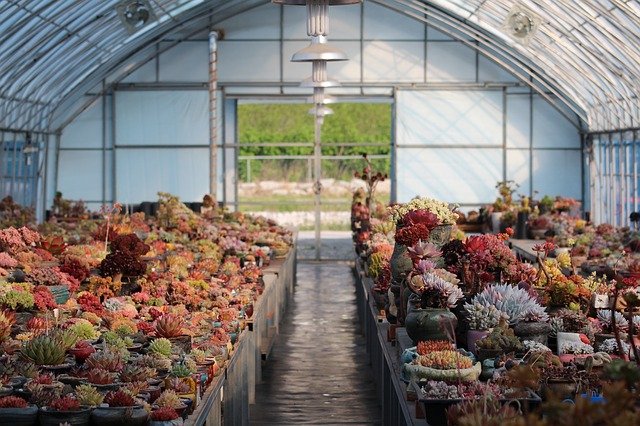Over 60% of growers of cut flowers, potted plants, perennials or nursery crops in greenhouses are in good compliance with the rules on the use of plant protection products. This is evident from an analysis of the inspections carried out by the NVWA on this group of growers in 2019. However, the analysis also shows that there is too large a group of growers who do not comply with the rules - often even repeatedly. These growers risk higher fines, periodic penalty payments and criminal measures if they do not improve compliance. The majority of violations in 2019 involve the use of unauthorized crop protection products. Improper use or use of unauthorized pesticides poses risks to humans, animals and the environment.

The Plant Protection Products Intervention Policy that went into effect on Aug. 17, 2020, allows for higher fines for companies that are more likely to go wrong. In addition, the NVWA can also take criminal measures if necessary. Higher fines should ensure that it becomes economically unattractive for companies to violate the law. In addition to this stricter enforcement, the NVWA is consulting with the sector to identify with them what steps they themselves could take to prevent undesirable behavior.
Since 2013, the NVWA has been spot-checking different target groups in ornamental horticulture almost every year. In 2019, 52 growers of cut flowers under glass and 67 companies growing potted plants, perennials or nursery plants under glass were inspected. Compliance among the inspected growers in all target groups was 63%. The NVWA's analysis of inspections shows that compliance with the rules on the use of plant protection products has not been good for a number of years, and that compliance actually declined further in 2019. The NVWA's inspections include looking at the proper use of authorized crop protection products and the maintenance of sprayer records.
In addition to random inspections, the NVWA re-inspected 36 companies that were fined or warned in recent years for crop protection violations in 2019. Furthermore, the NVWA conducted 5 inspections at ornamental plant cultivation companies because the NVWA received complaints or reports about these companies. A quarter of the inspected growers who were fined in previous years for using unauthorized substances were found to be at fault again in 2019 for using substances not allowed in the Netherlands and the European Union.

